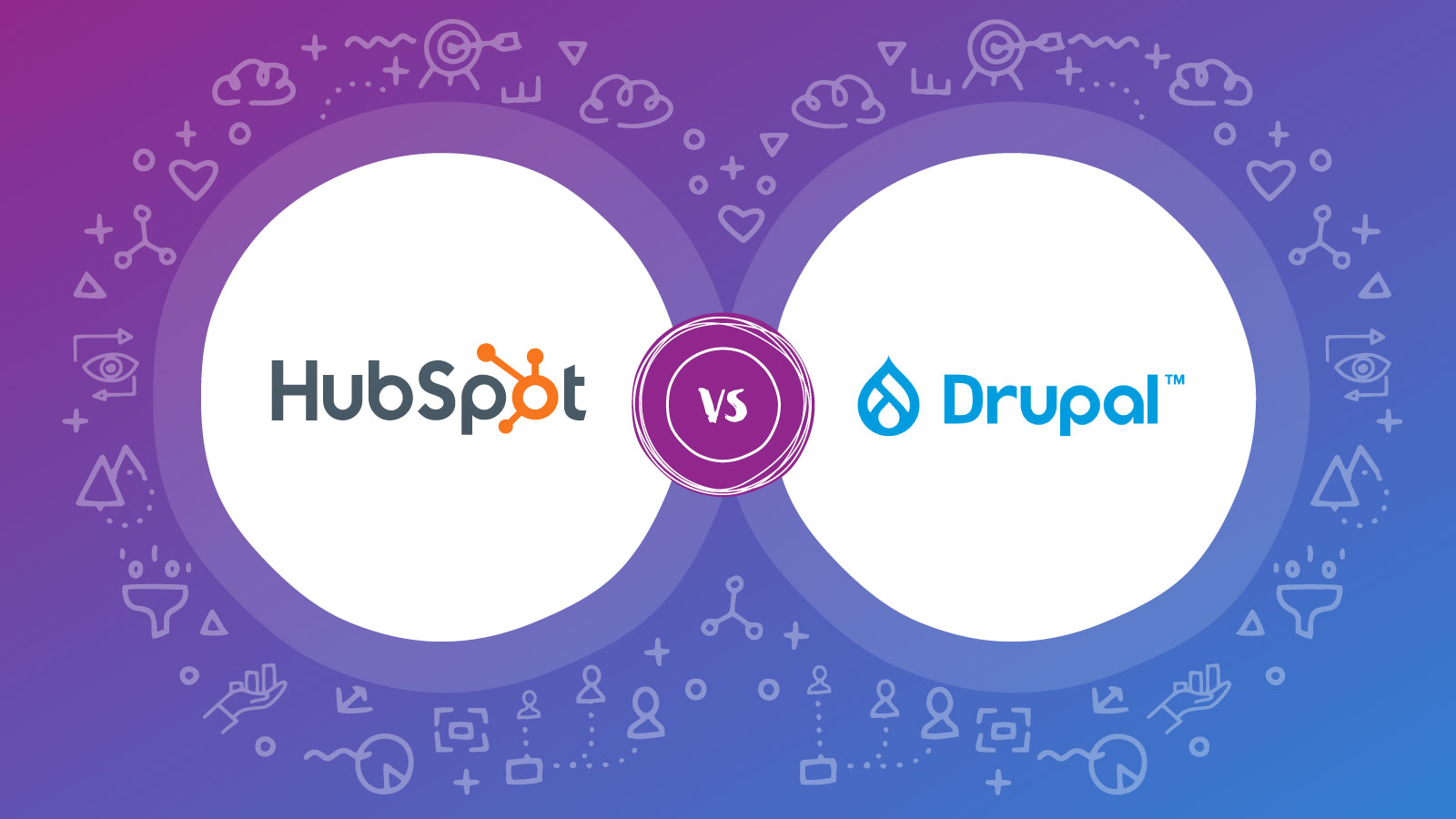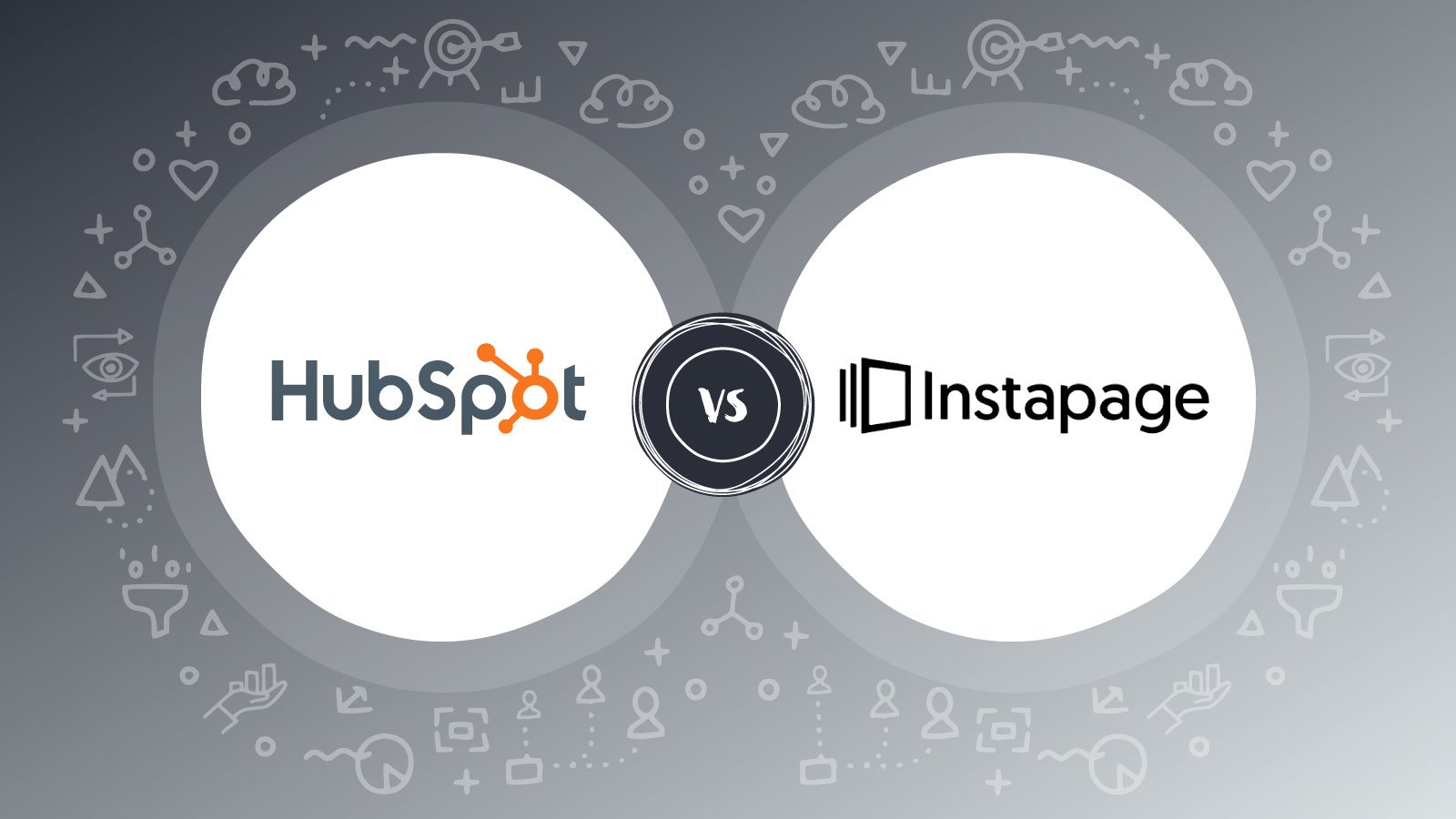Where does CMS Hub win out over Drupal, and where is Drupal leading the field? Here, we take a look at how the two compare.
Your website is your shop window, your digital business card and your (all-important) first impression. Which is why choosing the right content management system (CMS) for your business needs is absolutely vital to your future growth and success.
Here, we compare two of the market leaders, CMS Hub and Drupal, and discuss their virtues and flaws, with the aim of making your decision-making process a little easier.
Drupal has long been a go-to for many, so here we’ll present a Drupal alternative, in the form of CMS Hub.
Overview
When considering a new CMS system for your business, you need to consider the need of the marketers who will be using it on a daily basis. After all, it is they who will be using it to get you closer to achieving your plans, goals and aspirations. The easier they find it to use, the better spent their time will be, and the better your ROI.
Drupal is fantastic news for a developer as it has a wealth of powerful tools, but it can be difficult for a marketer to leverage. CMS Hub has all the tools your developer needs, but takes the time, hassle and complexity out of site management too, so that user experience can really come to the fore.
Drupal
Flexibility for developers has always been Drupal’s number one priority, and it absolutely achieves this. It’s essentially a self-hosted content management system (CMS) that’s most commonly used in association with hosting providers like Pantheon and Acquia. It can also accommodate add-ons including site hosting, apps and extensions, but none of these are included in the core Drupal offering.
CMS Hub
CMS Hub is a cloud-based content management system (CMS). It makes creating amazing websites that focus on the customer experience incredibly straightforward, thanks to its user-friendly interface and easy-to-navigate dashboard.
There is absolutely no technical aptitude or background required to create, publish or update your site pages quickly and to an extremely high standard.
Its advantages include (but are by no means limited to):
- The ability to manage all your content in one place
- Personalisation for every visitor. Smart content is the best feature of HubSpot's CMS. It gives you the ability to personalise the content CTAs on your site, dependent on the client persona, behaviour, and whatever you know about the contact
- It’s as off-the-rail or bespoke as you want it to be - you can start from scratch or use a template
- Optimising your content for search, mobile and conversions is a breeze as you can rely on its SEO recommendations
- It’s easy to analyse (and crucially, change) what is and isn't working
- Its drag-and-drop editor makes edits and adds new content without the need for any code changes, making it very marketer-friendly
- The adaptive testing function means you can choose multiple page variations that HubSpot can then monitor, so you can use the best-performing option.
- You can see how contacts are interacting with your website, content types, sources and campaigns all from within your HubSpot CRM
- Contact list membership allows you to split contacts into comminuted segments for any information you collect, which is brilliantly handy
CMS Hub also takes care of all the administrative and maintenance work on your behalf. There are no platform updates and no server maintenance - and security, backups, and uptime are all managed by HubSpot. This reduces man-hours, staffing costs and - ultimately - increases revenue.
Additionally, site pages you build in HubSpot are responsive by default, meaning they are optimised for mobile, tablet and desktop use without you having to do anything. So there’s no need to get a developer involved to make sure your content scales across devices - which is, of course, of vital importance.
IT stamp-of-approval
In fact, we’d go so far as to say that IT people love CMS Hub as a platform. Why? Well, at the core of the CMS Hub is speed, security and reliability - have you ever heard of an IT professional that doesn’t value all three extremely highly? No, us neither.
On the security front, it features 24/7 security monitoring and threat detection. What that essentially means is that the HubSpot security team ensures the safety of your site. They do this by near-constantly carrying out automated and manual checks for attacks, potential abuse, or other anomalies.
Add to this the fact that HubSpot promises a 99.99% up-time and ensures your site remains active through the global Content Delivery Network (CDN), and you’re on to a winner. It's built to handle extremely high volumes of traffic, which your business is bound to need, on its way to the top.
Your site will be automatically provisioned with a standard SSL certificate, which means other people can trust you - and it also increases your Google ranking, which is not to be scoffed at.
These features aside, IT teams love the fact that CMS Hub features activity logging, site performance monitoring and reverse proxy support - because all three make their life easier.
The price is right
If you’re looking for a CMS like Drupal and the decision comes down to cost, with CMS Hub you pay a flat, monthly fee. You don’t pay for monthly hosting, and while other platforms (including Drupal) offer a wealth of paid extensions, these come included as part of the CMS Hub package.
The HubSpot advantage
HubSpot is a one-stop platform where you can find multiple tools with extraordinary features. In fact, more than 24,000 new clients are connected with HubSpot every week, which is fairly staggering.
Beyond that, HubSpot as a wider proposition needs no introduction, but because CMS Hub is built on a HubSpot CRM, you have the advantage of being able to leverage visitor data to create unique experiences.
In short, you will no longer need integrations and plugins to handle disparate data sets, because they’ll all be in one place.
In real terms, this makes it very straightforward for remote teams to interact with contacts and view their data, as well as past interactions and activity.
You also have the option to receive insight about how contacts are interacting with your website and content, so that you can create tailored follow-ups. Marketing and sales teams can then use this in-depth information to build relationships with leads and customers.
Working in CMS Hub offers you seamless integration with other marketing, sales and service tools, making it easy to scale your overall digital experience.
All in all, CMS Hub offers a viable alternative to Drupal. It’s certainly the best platform if you’re looking to merge your website and marketing efforts.
Looking for more guidance on your digital marketing? Our team is here to help, so contact us today!




